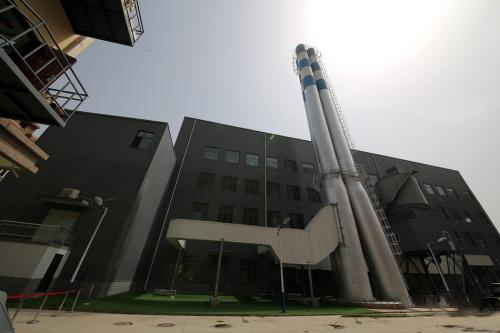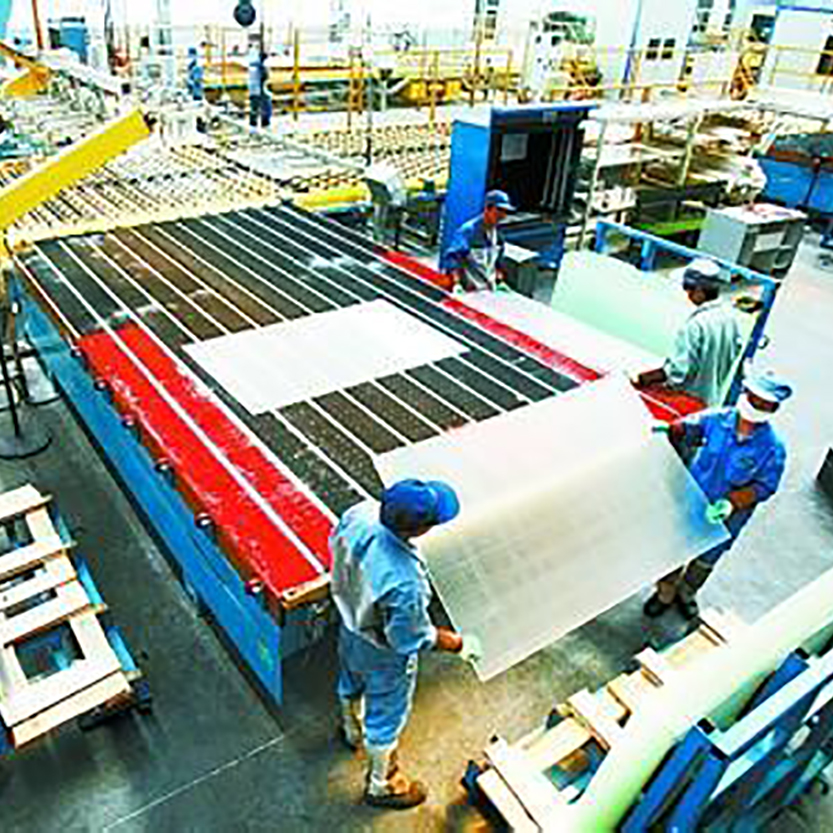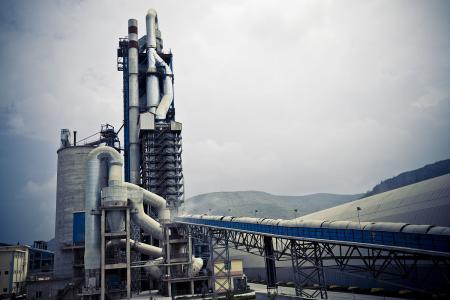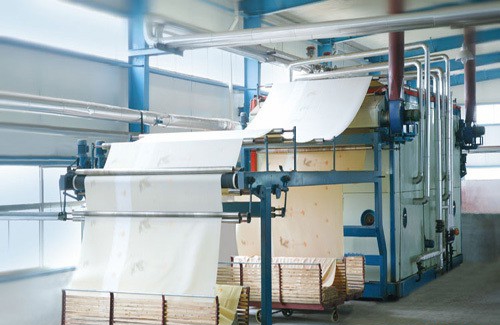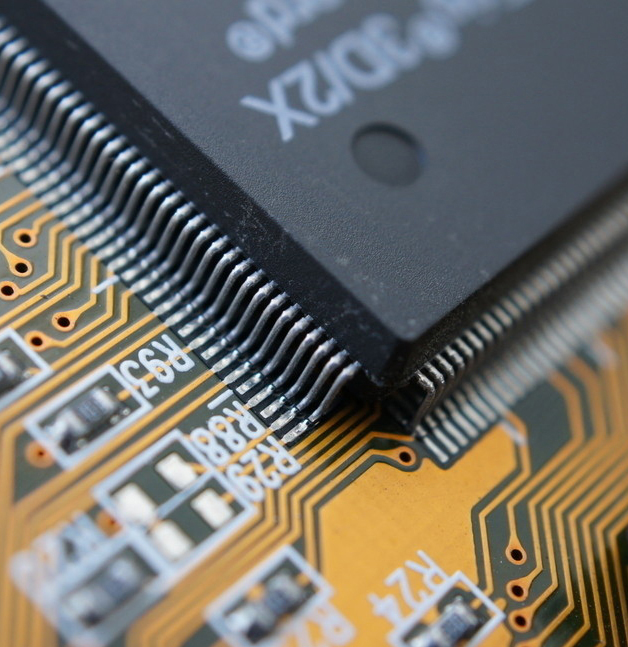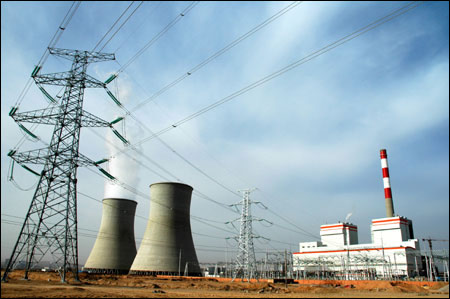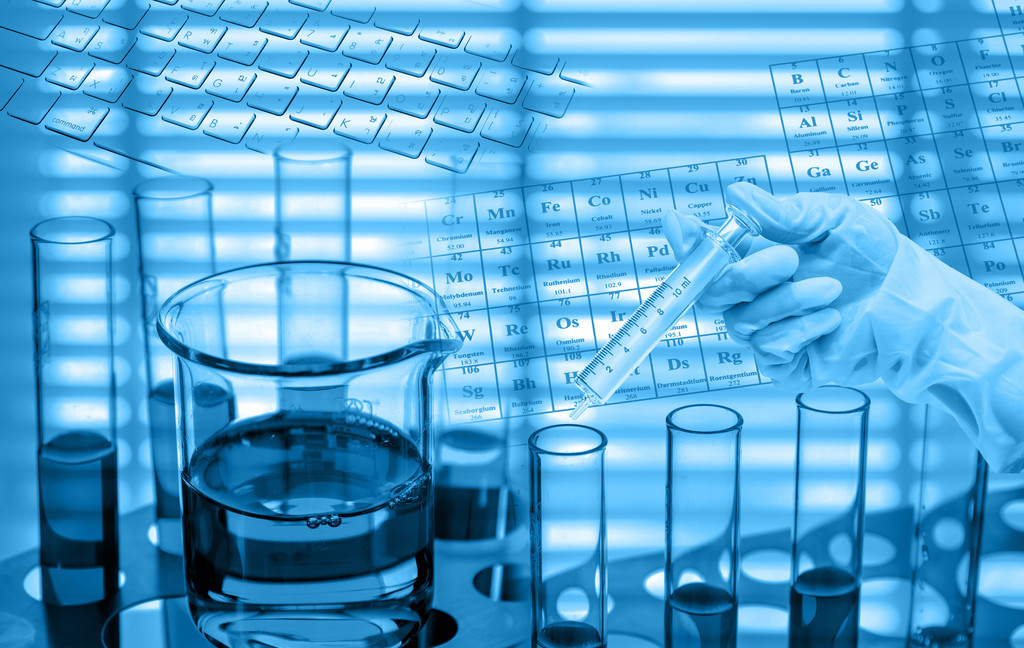- Closed cooling tower scale formation causes and the harm of scale[ 03-12 15:33 ]
- Scale is very common in enclosed cooling towers, usually due to the presence of impurities in the water and prolonged exposure to high temperatures. Calcium and magnesium ions in the water quickly decompose to form calcium carbonate, which deposits at the bottom of the cooling tower and accumulates over time to form scale. The scale in the cooling tower has a serious impact on the refrigeration effect of the cooling tower, so the work of removing and preventing scale is essential. How is scale formed in a closed cooling tower? There is a set of cooling coils in a closed cooling tower which exchange heat through air, spray water, and cooling circulating water to achieve cooling effect. The inside of the cooling coil is cooling circulating water, and the outside is a large amount of circulating spray water. Due to the extremely high temperature of the cooling coils in enclosed cooling towers, when a large amount of circulating spray water is sprayed onto the cooling coils, the calcium bicarbonate in the water
- Circulating water descaling and anti-scaling methods[ 03-12 15:30 ]
- Cooling circulating water system is a common heat exchange and cooling equipment in industrial enterprises. Because the heat exchange system requires a large amount of water, recycling water is a good way to save expenses for enterprises. During the circulation process of circulating water, scale will form on the surface of the heat exchanger due to temperature changes. Due to the fact that the circulating water system directly enters the pipeline from raw water, the raw water usually contains a large amount of calcium and magnesium ions, and generally does not undergo excessive water treatment when entering the circulating water system. So in the circulating water system, under high temperature, calcium carbonate and magnesium carbonate that are slightly soluble in water and generated from carbon dioxide will precipitate. Due to the increasing temperature, calcium carbonate and magnesium carbonate become increasingly difficult to dissolve and eventually deposit on the surface of the heat exchanger system, thereby affecting the heat transfer efficiency& nbsp; Circulating water descaling and anti scaling are currently being carried out
- Comparison of circulating water electronic descaling and traditional chemical[ 03-12 15:26 ]
- In industrial enterprises, the water consumption of circulating water accounts for the largest proportion of all water consumption. Usually, enterprises will add chemicals to the circulating water to achieve descaling. However, the corrosion caused by chemical agents will increase unnecessary maintenance costs, and the losses caused by the shutdown will increase the operating costs of the enterprise. And the addition of chemical agents seriously pollutes the circulating water. If discharged, it will damage the entire water environment, which is not conducive to the long-term sustainable development of enterprises. Since the promulgation of the new environmental protection law, electronic descaling devices have become an essential descaling tool for circulating water systems. The electronic descaling device uses physical means to adsorb calcium and magnesium ions in water without changing the chemical composition of the water, thereby achieving the purpose of descaling, anti-scaling, sterilization, and algae removal. In industry, scaling and algae often occur in circulating water systems during circulation.
- What are the methods of industrial pipe descaling[ 03-02 14:37 ]
- The inner surface of industrial pipelines is constantly exposed to various process media, which can easily lead to adhesion, sedimentation, and even blockage of pipelines. The most common scaling substances are calcium carbonate and calcium sulfate. If calcium carbonate scale and calcium sulfate scale form in industrial production equipment and pipelines, it will not only affect heat transfer efficiency but also waste energy; It may even cause corrosion under the scale, thereby affecting normal use. At present, the commonly used descaling methods in China include mechanical cleaning, chemical cleaning, and high-pressure water flushing. But each of these three methods has its own advantages and disadvantages. Let's first take a look at the advantages and disadvantages of the three descaling methods. 1. Advantages of chemical cleaning: High efficiency, especially suitable for cleaning pipeline systems. Disadvantage: Strong professional skills. If not careful, not only can the expected effect not be achieved, but it may also damage the pipeline and even cause accidents. 2. Advantages of mechanical cleaning: It can clean everything
- Several common problems of industrial circulating water[ 05-15 14:11 ]
- Cooling water accounts for the majority of industrial water use, and improving its reuse rate and recycling is a necessary means of water conservation and energy conservation. During the operation of circulating water, a series of problems often occur, such as corrosion, scaling, bacteria and algae, and sludge, which can cause harm to production under the process conditions of industrial production.
Application Scenario
Como news
Application Scenario
Contact Como
Email:
info@como-aqua.com
info@como-aqua.com
Company address:Building 9, No. 285 Rongxing Road, Songjiang District, Shanghai


